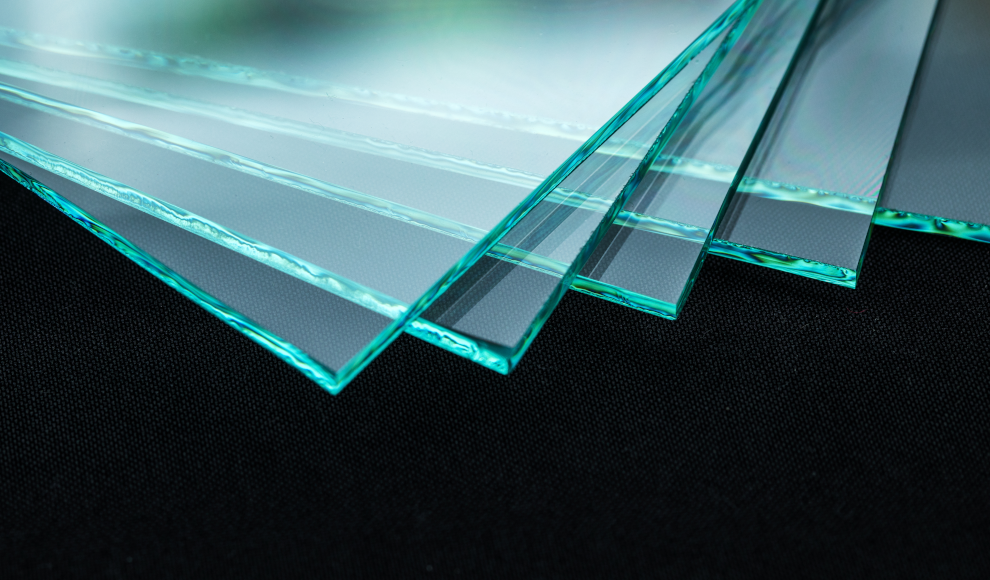A team of researchers from the Chinese Academy of Sciences has developed a new biomolecular glass that is transparent, stable, and can be biologically degraded in the body or in nature. Traditional glasses made from quartz sand, metals, or acrylic are stable, optically transparent, and resistant to chemical influences. However, they are not biodegradable, which can lead to environmental problems. To solve this issue, the researchers used peptides, proteins, and other biomolecules that are not heat-resistant. They chemically modified these materials to make them more heat-resistant and created a glass that has the mechanical, optical, and chemical properties of traditional glass.
The new biomolecular glass is made from peptides and amino acids that have been chemically modified to be heat-resistant. The researchers were able to melt the biological materials without denaturing them by precisely controlling the heating and cooling rates. The resulting glass is amorphous and similar in structure to mineral glass. It is even less fragile than some metal and acrylic glasses and can be colored with different dyes or used to create fluorescence. The glass is also transparent to light in the ultraviolet, visible, and infrared ranges.
Despite its thermal and mechanical stability, the biomolecular glass can be completely degraded in nature. Tests with mice showed that the glass can be broken down in biological tissues without causing any adverse reactions. The glass is therefore suitable for use as a material for orthopedic implants that are only intended to remain in the body for a short time. The researchers believe that the biomolecular glass can contribute significantly to sustainability and open up new possibilities for bringing the biological world and materials into harmony.
The researchers are now working on methods to produce the biomolecular glass on a larger scale. While the glass is still in the laboratory stage, the researchers believe that it represents a significant step towards the development of environmentally friendly glasses made from biological materials.










